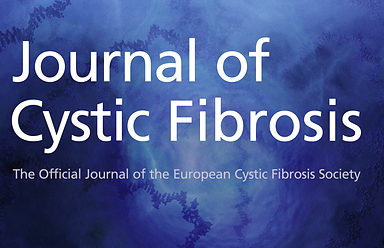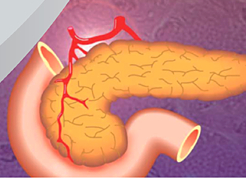
Please join me in congratulating Dr. Liuska Pesce for her well earned promotion to full professor!! In brief, Dr. Pesce has been promoted in recognition of her being a master clinician, an award-winning teacher, a highly compassionate physician, and a nationally recognized leader in the treatment of thyroid disorders in children. She joined the University of Iowa Hospitals and Clinics in 2008. As a trainee, she performed cutting-edge research leading to several publications in the area of molecular transport in thyroid cells. Although she could have joined the faculty on the tenure track, she instead felt that her calling was clinical care. Her clinical expertise and thoughtfulness is cherished by her peer faculty, who often seek out her clinical opinion. Her patients satisfaction ratings are superlative and among the very top tier at the entire institution. In this area of medicine, Dr. Pesce has gained national recognition and prominence. She, with other members of her pediatric thyroid clinic team, have published several peer reviewed research articles. She, with colleagues at other institutions, has published opinion pieces related to thyroid care, as well as related national teaching modules. She also has published numerous opinion pieces in Clinical Thyroidology for the Public. She has been invited to give lectures on pediatric thyroid disease at national conferences for the past several years. Also in recognition of her expertise, she has been named to the American Thyroid Association Patient Affairs & Education national Committee. Once again, congratulations Dr. Pesce!










